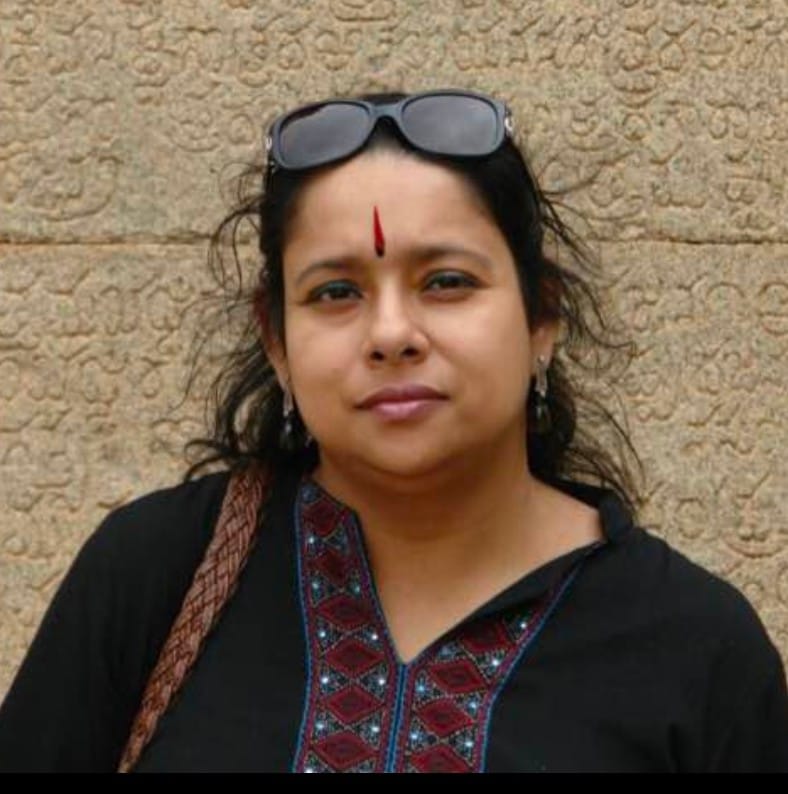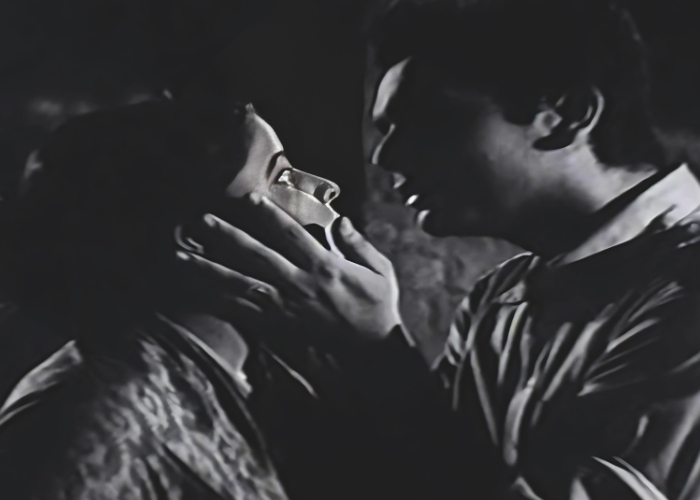
She was a much-sought-after actress of her times, having done films with Uttam Kumar and theatre with Utpal Dutt. Despite enjoying professional success,
SULATA CHOWDHURY'S personal life was fraught with disturbances. She gravitated from one abusive relationship to another, losing her grip over life. Being childhood besties, veteran actress MADHABI MUKHOPADHYAY had a ringside view of her tumultuous life. The senior actress unravels the unknown aspects of the red-haired heroine of Tollywood.
Why BFA commissioned this piece:
Ardent cineastes might be well acquainted with actress Sulata Chowdhury's filmography but little is known about the person she was or the life she led. At BFA, we believe in capturing the essence of an artist and her life events too. Actress Madhabi Mukhopadhyay sheds light on her childhood friend's life as her erudite daughter, MIMI BHATTACHARYA, listens in to the nostalgic tales.
Memories crowd my mind when I look back at my childhood. I have been blessed with a good memory and so I can remember most of my childhood experiences. But there are some events whose memories are gradually fading away.
One of them is how I became friends with Sulata. She was born Mahamaya Roychowdhury. Sulata was a name she used after her screen debut. As far as my memory goes, we were friends even before we had started wearing saris.
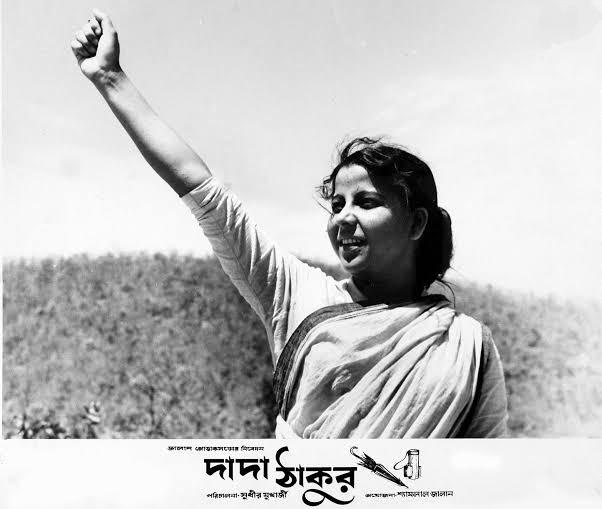
It was our interest in dance that brought us closer. Sulata, Basanti and I were dancing partners. At that tender age, we had already acted in a number of plays. Back then, there were many amateur plays and we would be cast there. We even did numerous dance recitals, including ballet perfomances and group dances.
Back then, there were many amateur plays and we would be cast there. We even did numerous dance recitals, including ballet perfomances and group dances
Sulata was hardly a couple of years older to me. She got married at an early age. However, her marriage turned out to be a nightmare. Her husband used to come home drunk and brutally assaulted her. To save herself, she had to escape from that marriage.
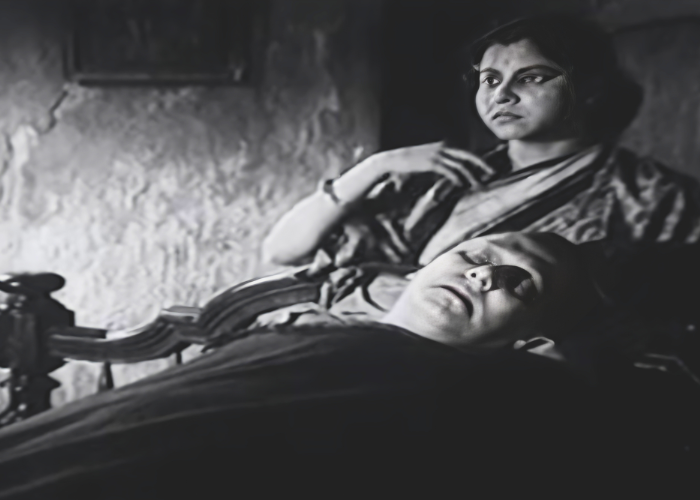
Though she fled from such an abusive conjugal life, Sulata didn't take time to remarry. Soon, she became a mother. In 1960, she played the lead in Sudhir Mukherjee's Sesh Paryanta. The film had Chhabi Biswas, Kali Bandyopadhyay, Jiben Bose and Biswajit in the cast. Amid such luminaries, Sulata’s acting skill was praised. She stole the show with her acting prowess. This was the film that had Hemanta-da’s song, Ei baluka belay ami likhechhinu.
Amid such luminaries, Sulata’s acting skill received a lot of praise. She stole the show with her acting prowess.
This was the film that had Hemanta-da’s song,
Ei baluka belay ami likhechhinu
Once noticed, Sulata got cast in several films. That include Dui Bhai, Dada Thakur, Abasheshe, Teen Bhubaner Pare, Stree, Mouchak, Phuleswari, Bagh Bondi Khela, Roudro Chhaya, Natun Tirtha, Sanyasi Raja, Agnishwar, Sei Chokh, Bhola Moira, Sudur Niharika, Kabita, Sabyasachi, Sonar Khancha, Dadar Kirti, Subarna Golak, Debika, among others.
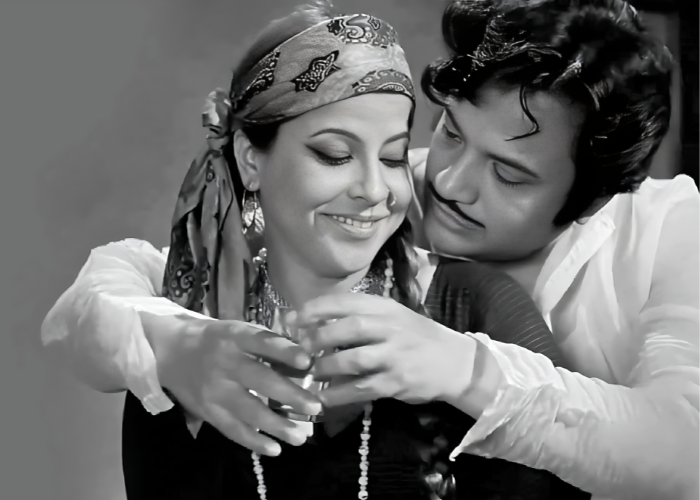
As her career graph escalated, I noticed dismaying changes in her appearance and habits. She had dyed her hair red and smoked heavily.
I had once asked her: "Why are you a chain smoker?"
Her reply was: "I can’t live without smoking. Are you feeling suffocated by the smoke?"
I had said: “The smoke doesn't bother me. After all, we are all inhabitants of a world where everything goes up in smoke. That's not the point. I am just a bit worried to see you smoke like an engine".
Hearing my concern, she had replied, "I don't smoke on my own volition. The supreme power above is taking these decisions. Did I really wish to become like this?
No, not at all..."
Hearing my concern, she had replied, "I don't smoke on my own volition. The supreme power above is taking these decisions. Did I really wish to become like this? No, not at all. But now I have no choice. I smoke because that’s what has been pre-ordained for me."
These were the kind of conversations that we had one a couple of times over. I also remember Sulata visiting me at my residence once. She confided in me about her tumultuous relationship with her partner. I remember she had told me that her partner was torturing her. She wanted my advice on how to deal with the situation. I had naturally told her to kick him out. My point was why should she live with someone who is giving her so much of trouble? It was prudent that she walked out of the relationship.
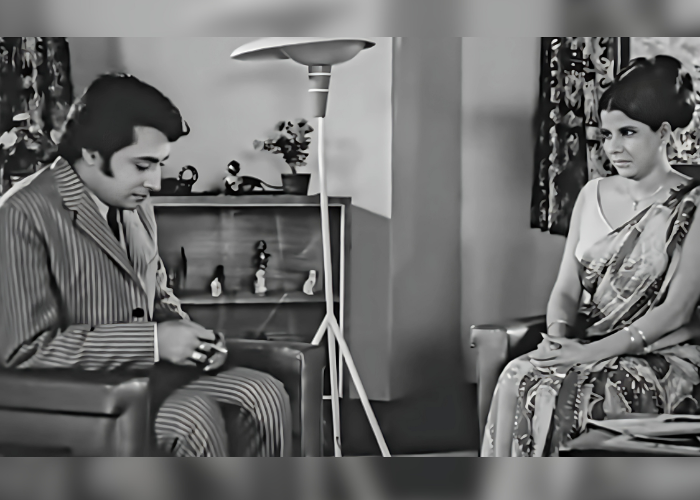
Sulata Chowdhury and Ranjit Mullick in Arabinda Mukhopadhyay's 'Mouchak'
She listened to me but said that it was easier said than done. Moving on was not that easy. She made it clear to me that leaving everything behind was not an easy way out.
Eventually, she did escape from that relationship only to fall prey to a new one. She had subjected herself to several such abusive relationships.
Sulata had a lot of films on her platter. It is just that her personal life was too messed up and she needed to escape
At last, disillusioned and heartbroken, she left for Kalimpong. It is not that she was frustrated with lack of assignments and hence left for the hills. Sulata had a lot of films on her platter. It is just that her personal life was too messed up and she needed to escape. She had been cast as both the heroine and in character roles. Even in small roles, she excelled as an actress.
Sulata loved theatres and was also a part of Utpal Dutt’s theatre group.
It was her personal life that gave Sulata so much of heartburn. She built a motel in Kalimpong and settled there. Our physical distance increased and soon we lost touch with each other.
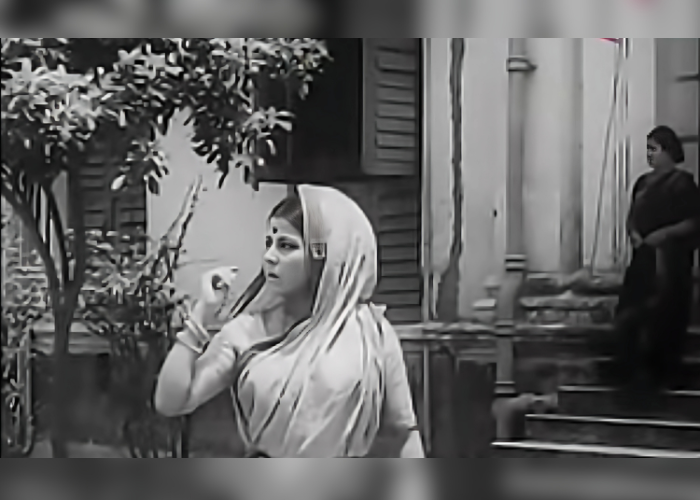
Then one day, I heard that she had been admitted to the PG Hospital. I went to visit her at once. She had become very frail. Her voice was almost inaudible. I strained my ears to hear her lament. In a whispering voice, she said, “I ran away from this claustrophobic place to a peaceful one. I wanted to pass away in that cold land. They brought me back to this furnace. But that won’t work for me. I won't be able to survive in this temperature.”
Those were her last words to me. She was suffering from liver cancer and passed away within a few days.
It is heartbreaking that someone like Sulata had to die this way. Domestic discord and unsatisfactory relationships had forced her to leave a successful acting career and urban comforts behind. That was the most unfortunate thing. Sulata deserved a lot better from life.

